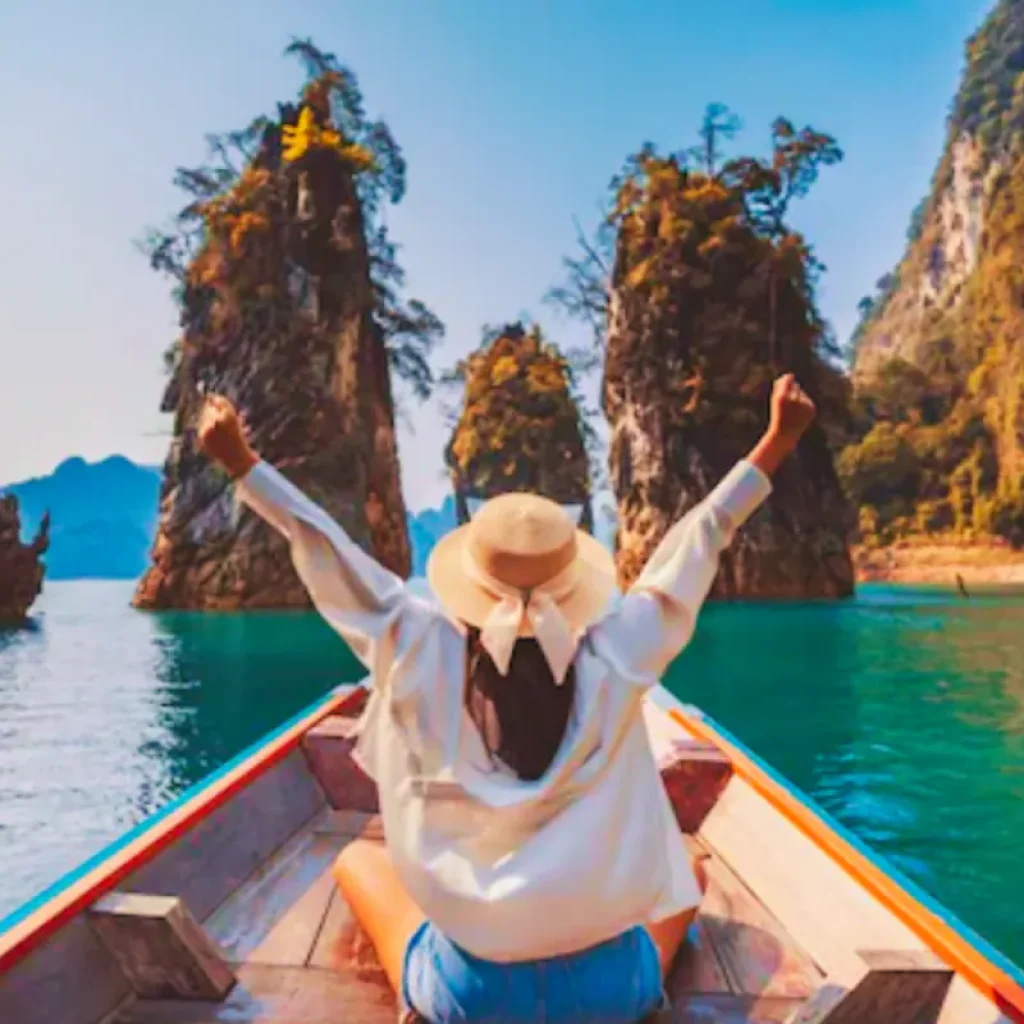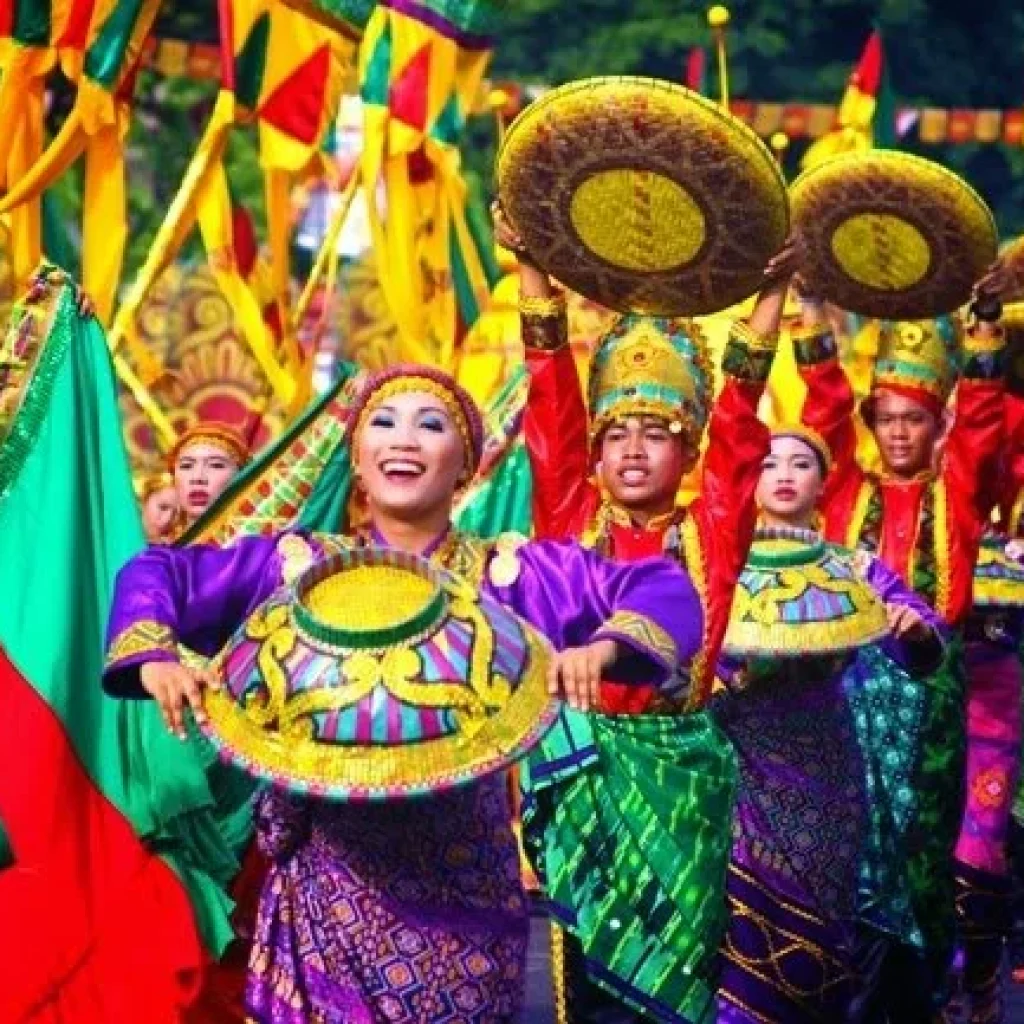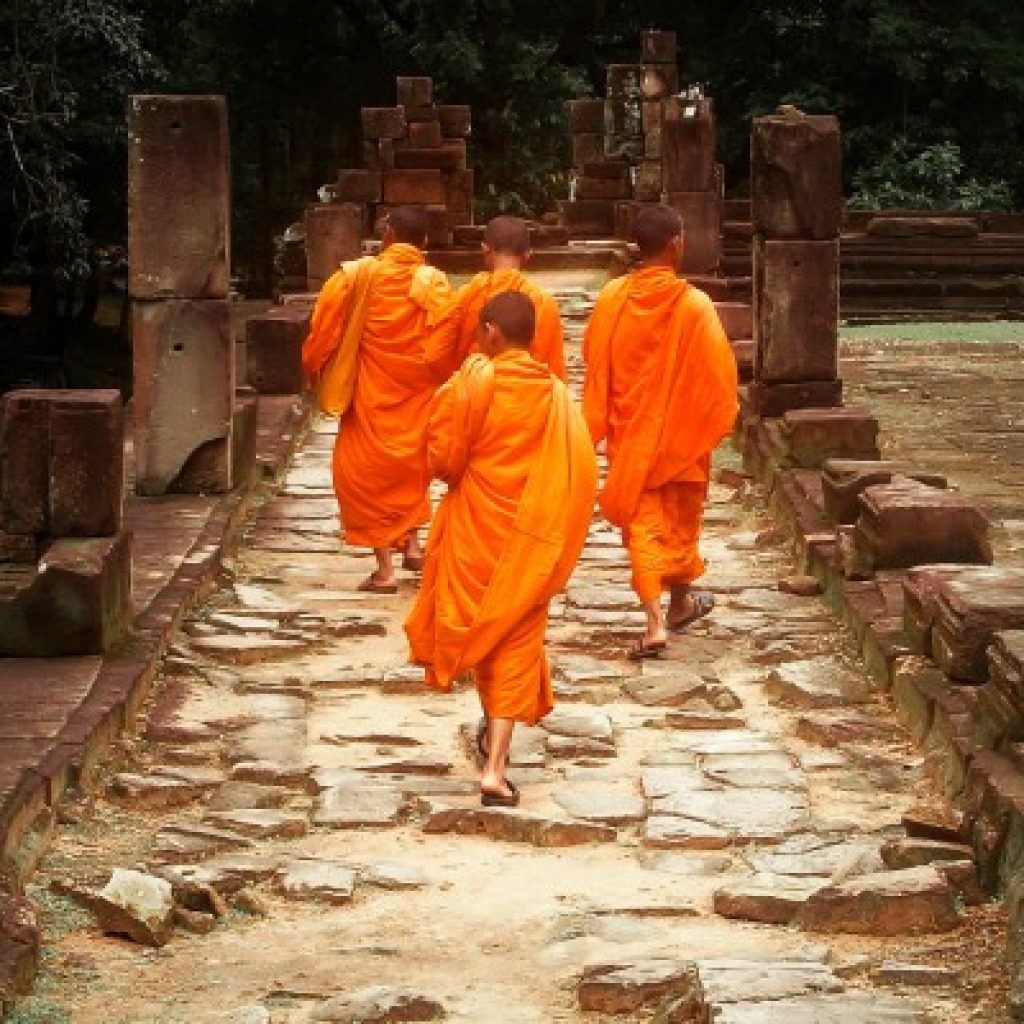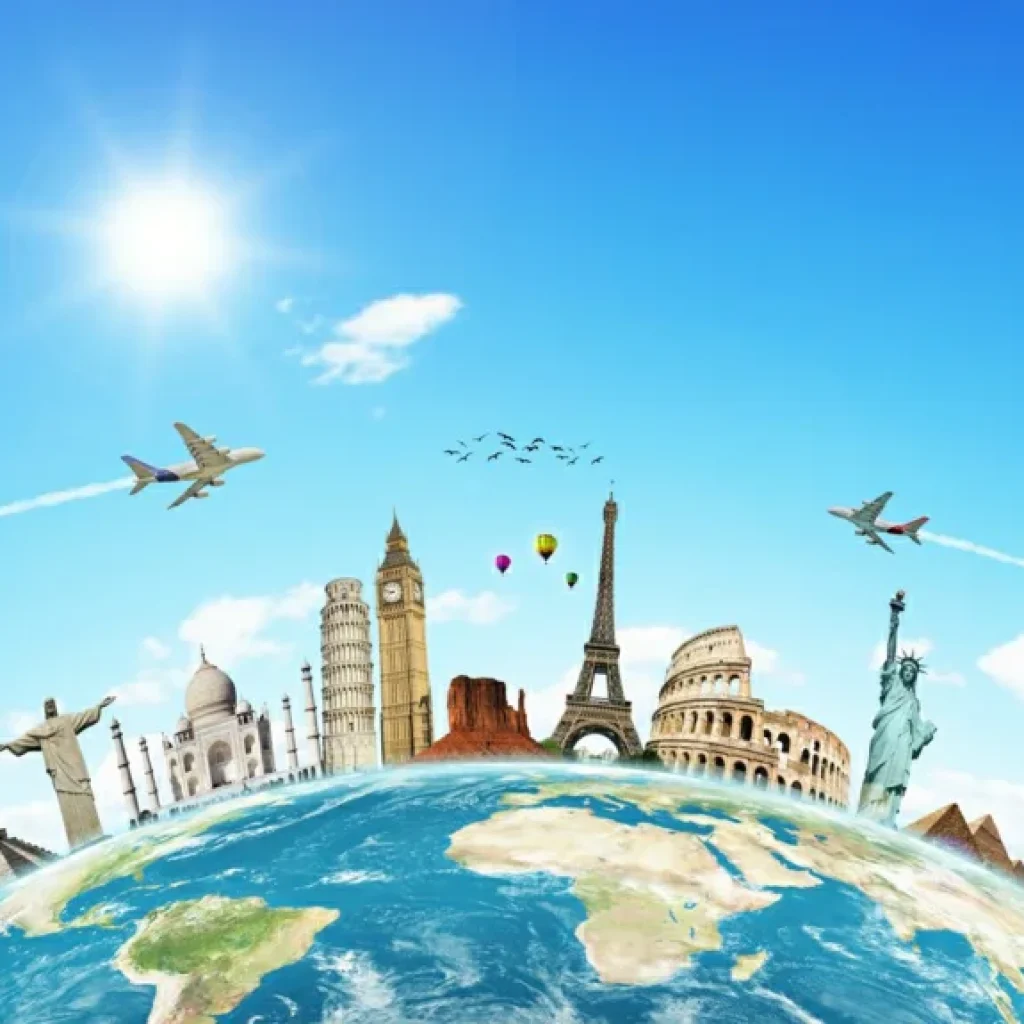In a world where tourism has become a global industry worth trillions, many travelers are beginning to realize that the most meaningful journeys go beyond luxury hotels and picture-perfect Instagram spots. The shift from commercial tourism to cultural immersion marks a return to what travel was meant to be — connection, understanding, and transformation.
The Rise of Commercial Tourism

Over the past few decades, tourism has evolved into a mass-market enterprise. Cities, beaches, and mountains once known for their untouched beauty are now flooded with identical souvenir shops, chain restaurants, and selfie spots. While this growth has undoubtedly boosted local economies, it has also diluted the cultural essence of many destinations.
Places like Bali, Santorini, and even Kerala have faced challenges balancing authentic culture with the pressures of global tourism. The result? Many travelers experience a polished version of culture that feels curated rather than real.
What Is Cultural Immersion in Tourism?

Cultural immersion is about living the destination, not just visiting it. It’s when travelers choose homestays over hotel chains, participate in local traditions, and take time to learn about the community’s history, language, and way of life.
Rather than ticking off tourist attractions, immersion travelers seek understanding. They walk through local markets, attend village festivals, learn to cook traditional dishes, and speak to artisans whose families have preserved their crafts for generations.
For example, in Kerala, visitors who stay in a backwater homestay can experience the rhythm of village life — from early morning fishing to traditional toddy tapping — something no luxury resort can truly replicate.
Why Cultural Immersion Matters

Travel has the power to shape our worldview. When we immerse ourselves in another culture, we gain empathy and awareness that no guidebook can teach. It’s about understanding differences and finding common ground.
Moreover, cultural immersion helps preserve heritage. When travelers support local craftspeople, eat at small family-run restaurants, or stay in community lodges, their spending directly benefits the people and traditions that make a place unique.
A great example of this is Bhutan’s approach to tourism. The country’s “High Value, Low Impact” policy ensures that travelers contribute meaningfully while respecting the culture and environment. It’s an inspiring model that other destinations are starting to follow.
The Downside of Commercial Tourism

Commercial tourism often prioritizes profit over preservation. Mega-resorts consume vast natural resources, cruises pollute delicate ecosystems, and overcrowded landmarks lose their charm.
Take Venice, for instance. The sheer volume of tourists has made it nearly impossible for locals to live comfortably in their own city. Similarly, in the Himalayas, overtourism has led to waste management crises and damaged trails.
When tourism becomes mass-produced, it not only harms the planet but also reduces travel to a checklist — robbing it of its magic.
How Travelers Can Practice Cultural Immersion
If you’re inspired to travel differently, here are a few ways to embrace authentic tourism experiences:
- Stay with locals: Choose guesthouses, farm stays, or eco-lodges run by local families.
- Eat local: Skip fast food chains. Try traditional dishes made from local ingredients.
- Learn and participate: Take part in local workshops — pottery, dance, cooking, or weaving.
- Use local guides: They offer insights that you’ll never find online.
- Respect traditions: Dress modestly in temples, ask before taking photos, and learn basic phrases in the local language.
- Travel slow: Spend more time in fewer places. Depth is always more rewarding than distance.
These small steps not only enrich your travel experience but also ensure your presence benefits the local community.
The Future of Tourism Lies in Connection
The post-pandemic era has brought about a major shift in travel preferences. More travelers are seeking purposeful experiences — volunteering abroad, taking wellness retreats, or exploring indigenous cultures.
According to a recent UNWTO report



0 Comment